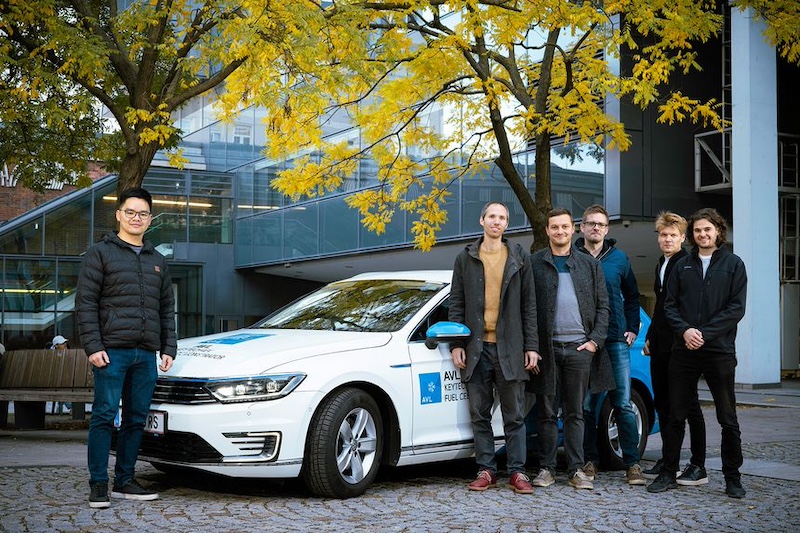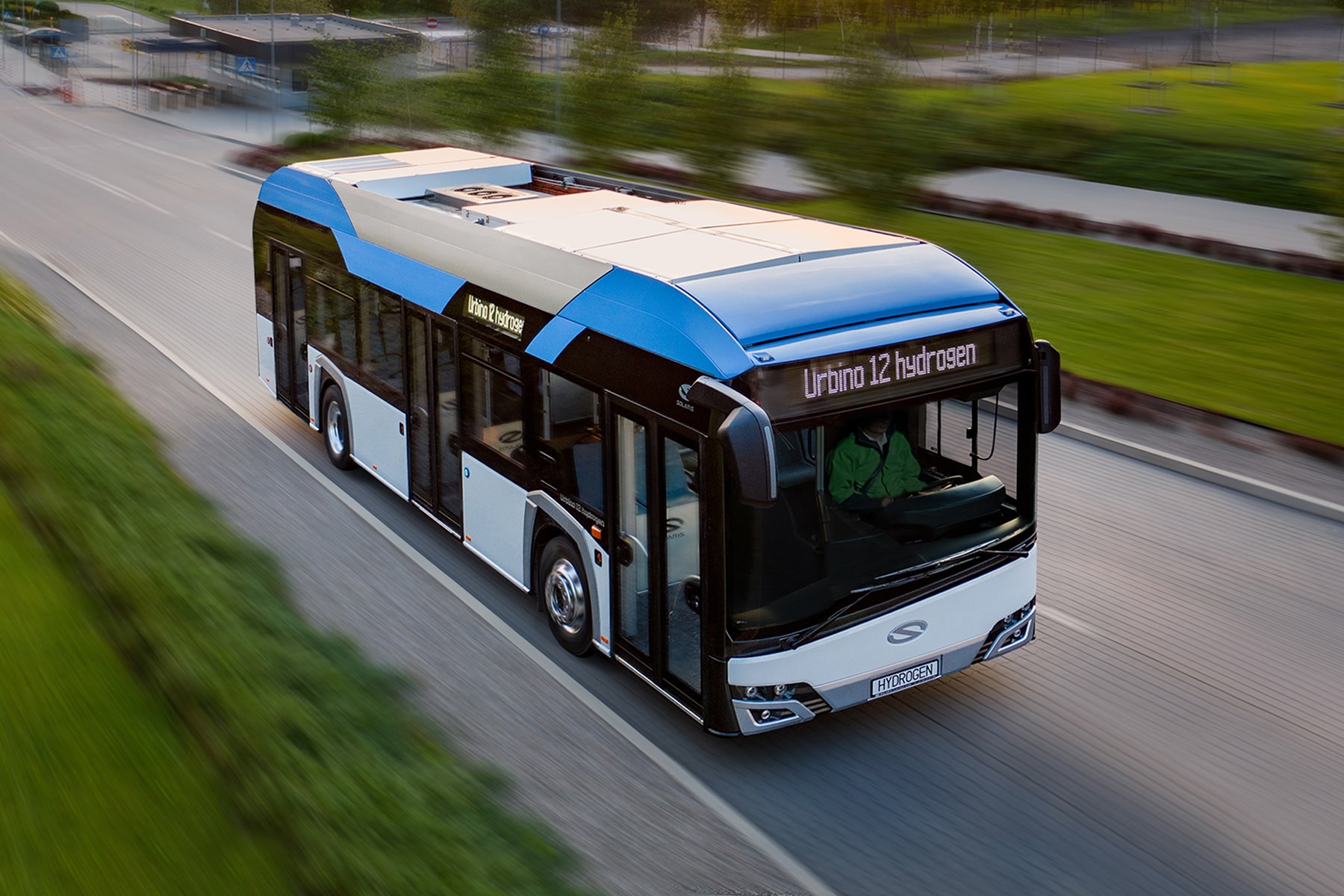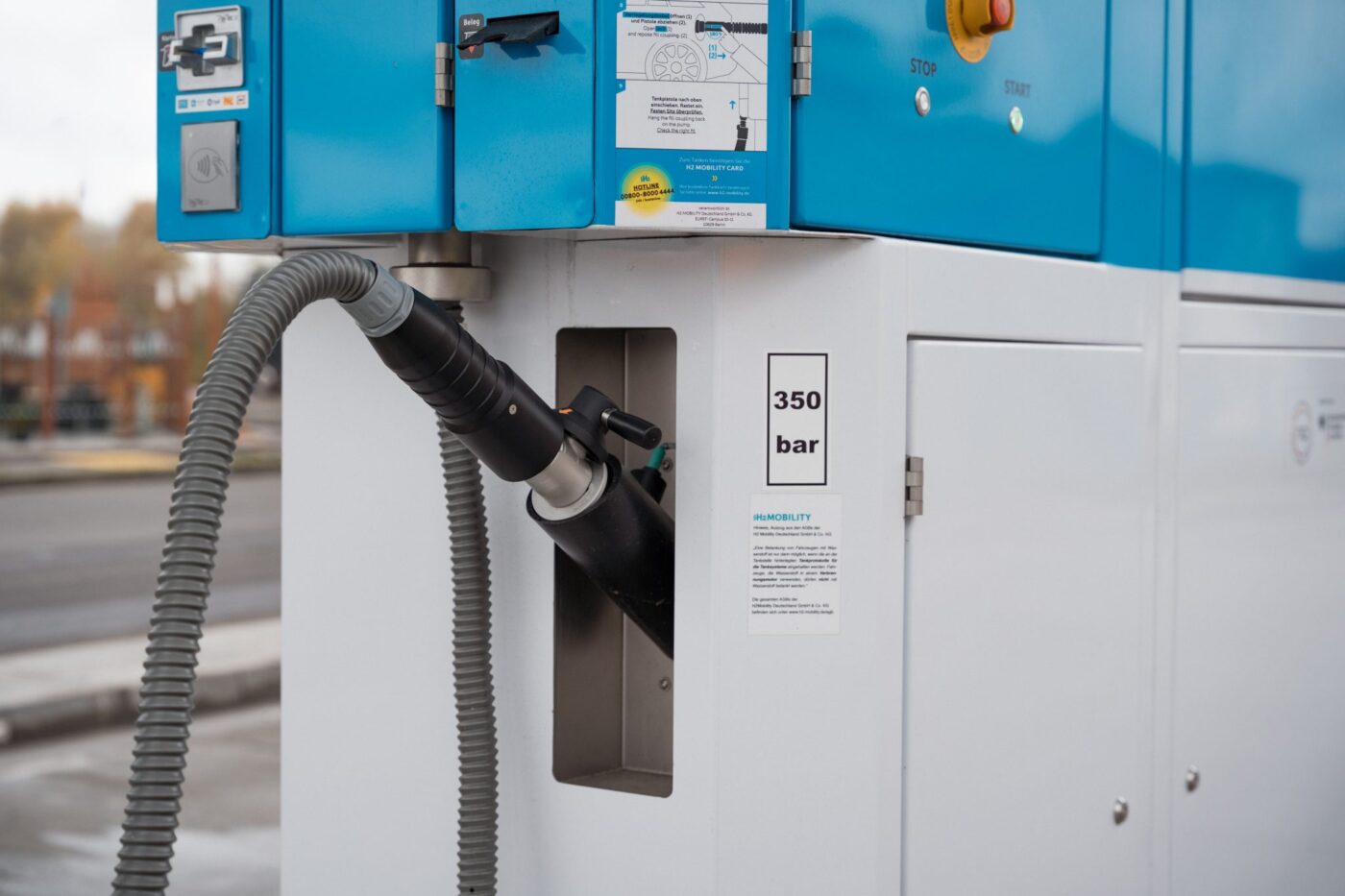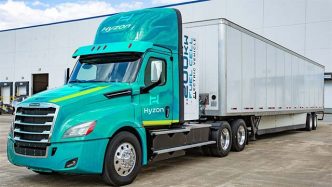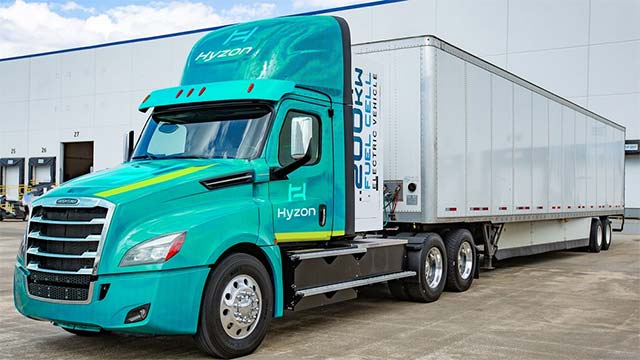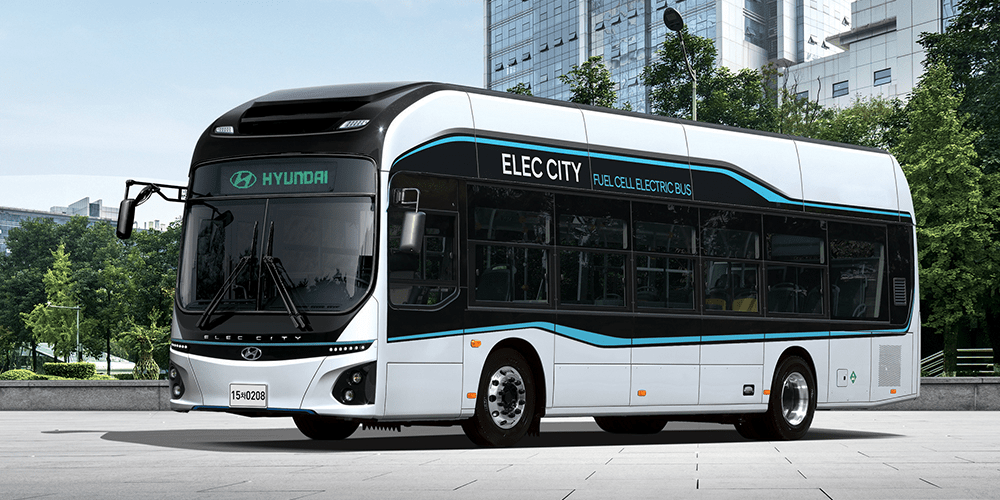Researchers at the Technical University of Vienna (TU Wien) are developing predictive energy management strategies aimed at enhancing the efficiency of hydrogen-powered fuel cell vehicles. An initial field test demonstrated a six percent reduction in hydrogen consumption.
Fuel cell vehicles typically include a battery that serves as a buffer for dynamic load changes and increases overall efficiency, thereby reducing the aging of the fuel cell. The system works optimally when the fuel cell operates with a constant output, while the battery handles fluctuating power demands, such as during overtaking maneuvers.
The effectiveness of this energy management depends on continuously distributing the load between the fuel cell and the battery. The ‘FC-IMPACT’ project, led by Prof. Christoph Hametner from TU Wien’s Institute of Mechanics and Mechatronics, aims to optimize this energy distribution using predictive strategies. The challenge lies in accounting for factors such as speed, altitude, traffic, and weather, which are often unknown before the journey begins.
“Predictive energy management can significantly improve hydrogen consumption and extend the fuel cell’s service life,” the researchers noted.
The project utilizes static route information, like speed limits and altitude profiles, to enhance energy management. For example, before a mountain journey, the fuel cell charges the battery to provide maximum support during climbs, allowing the fuel cell to operate more efficiently. The battery can then be recharged during the descent using recuperation, further increasing efficiency.
As part of the ‘FC-IMPACT’ project, the team collaborated with Graz-based technology company AVL, which built a demonstration vehicle based on a VW Passat. This partnership enabled the validation of predictive energy management strategies, which had been extensively tested in simulations, through real-world driving and chassis dynamometer tests.
The tests confirmed the simulation results, showing a reduction in hydrogen consumption by more than six percent compared to a non-predictive strategy. Although the impact on the fuel cell’s service life has not yet been quantified, further research is underway to improve both energy efficiency and longevity.

